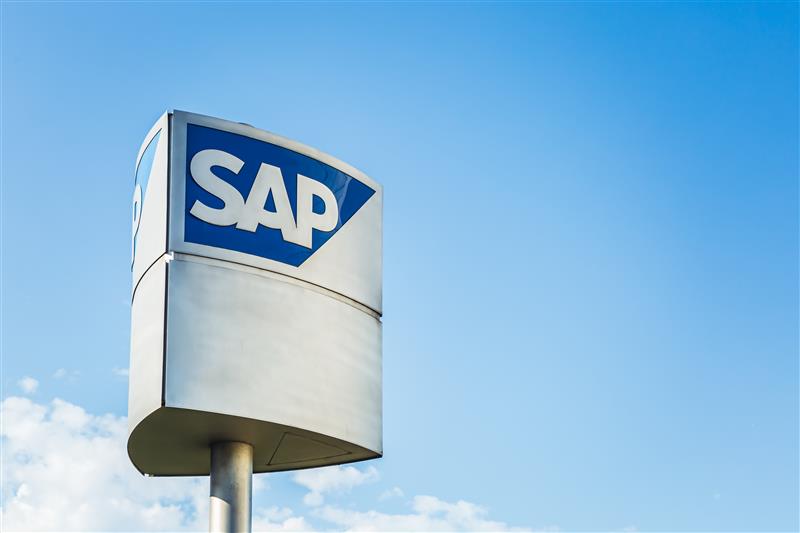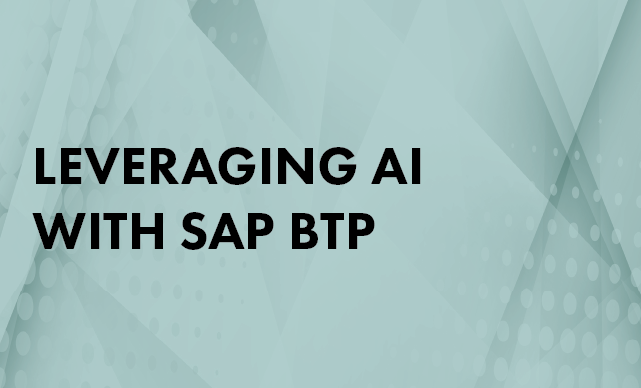
Meet the Authors
Key Takeaways
-
No one business line can be tasked with the burden of rethinking how best to transform business sustainably
-
A circular economy encourages reuse of waste as raw material, drives economic growth, and promotes the use of local resources
-
Organizations are increasingly incorporating circularity into supply chains to create sustainable business models
As organizations work toward reducing waste and carbon emissions in the battle to fight the climate crisis, the importance of a circular economy cannot be understated. A circular economy not only minimizes waste generation, but it also encourages reuse of waste as raw material, drives economic growth, and promotes the use of local resources.
Organizations are increasingly incorporating circularity into supply chains to create sustainable business models as they look closely at new ways to design, source, manufacture, and use products sustainably. With less than 8% of the 100 billion tons of materials consumed annually making it back into circulation, companies are looking at new ways to better understand how to move away from waste and pollution.
However, no one business line can be tasked with the burden of rethinking how best to transform business sustainably. Across companies, R&D, marketing and sales, sourcing, procurement, manufacturing, operations, supply chain, finance, and IT must all work together to strategize and execute a cohesive solution.
Explore related questions
According to the Ellen MacArthur Foundation, 80% of the environmental impact of a product comes from the initial design stage. This is the focus of openSAP’s newly announced course, Design for a Circular Economy, which focuses on creating products for circularity and offers a deeper understanding of regenerative and circular design and their role in products, packaging, and systems.
The course also offers insights into what SAP is doing to tackle designing for a circular economy by introducing circular economy solutions for its customers and enabling them to eliminate waste, circulate products, and regenerate nature.
“SAP and its partners have the skill, expertise, and passion to support companies from around the world to rethink and redesign how business is done,” stated Darriel Dawne VP, SAP Sustainability Marketing & Solutions in SAPinsider magazine. Dawne added, “This will not only meet regulatory requirements, grow the company, and keep employees satisfied, but also to ensure that the next generations have a better world.”
Starting May 23, 2023, the course will be delivered by external speakers, including design and biomimicry experts, and speakers from the Ellen MacArthur Foundation, WRAP, packaging providers, and CPG companies.
Find more details about the course here.







